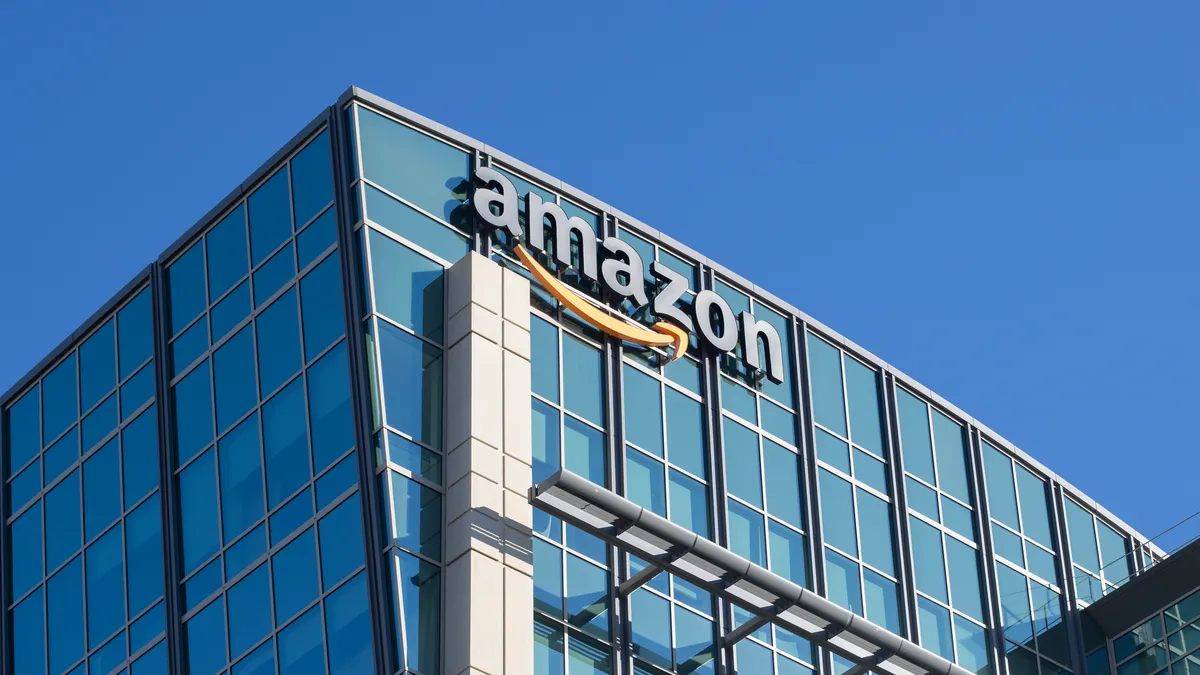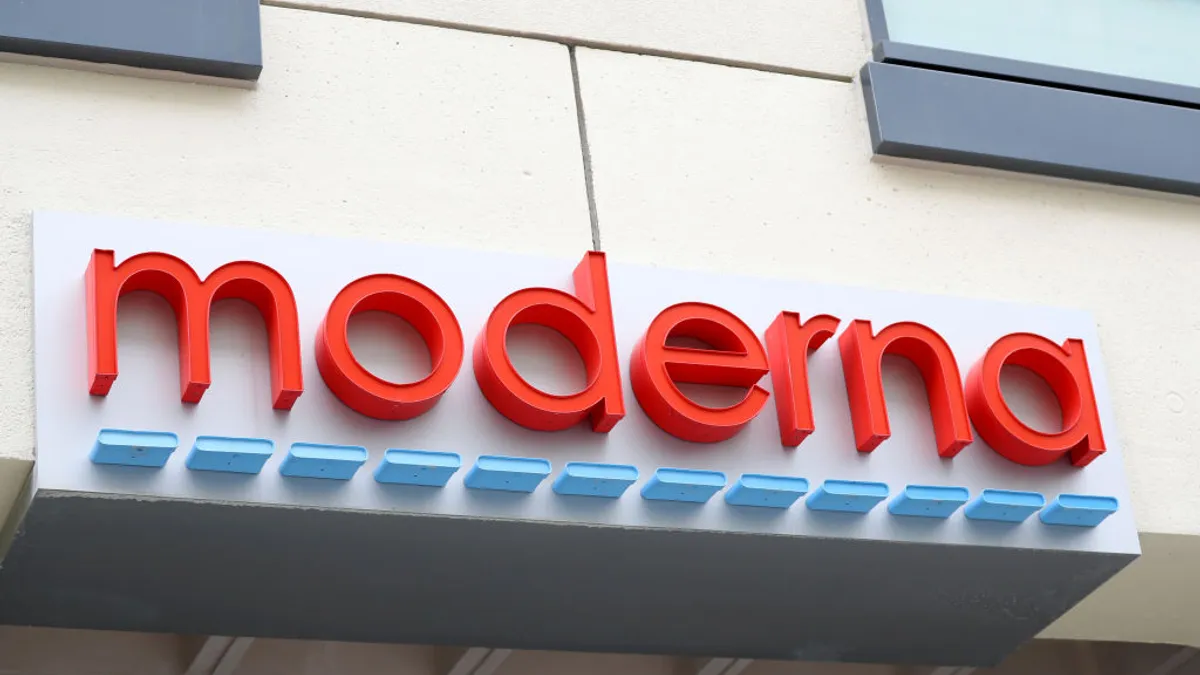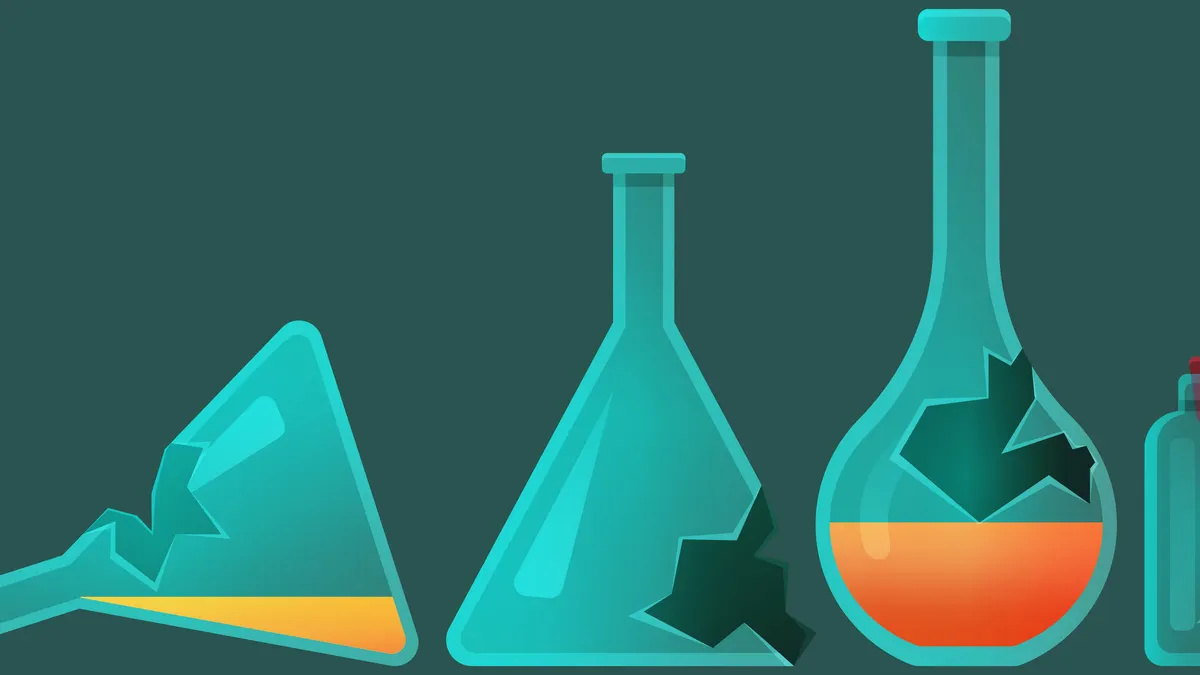Deal announcements often showcase where the stars align in pharma around up-and-coming therapeutic areas, companies or technologies. On the flipside, breakups tend to reveal which stars are fading.
Given the high level of activity in the oncology R&D space, cancer is where many recent splits have recently occurred. Although the booming weight loss market has triggered a surge in cardiometabolic research, oncology is still king — and the industry has nearly 9,500 oncology drugs in its pipeline, according to Citeline analysts.
Neurology is pharma’s second largest R&D bucket, but still far behind cancer with about 3,900 drugs in the works.
And behind most broken partnerships lies a tale of bigger-picture R&D challenges faced by drug developers throughout the industry.
Here’s a look at some of biopharma’s most recent breakups in cancer care.
Genentech’s $2 billion divorce from Adaptive
Following a surge of enthusiasm for T cell-receptor therapies, setbacks have taken a toll.
Most recently, Genentech withdrew from a deal worth up to $2 billion with Adaptive Biotechnologies centered around TCR discovery tech.
Like CAR-T cell therapies, TCR-based treatments harness a patient’s immune system — in this case, recognizing a different antigen — and have shown promise in cancer.
Big Pharma has jumped on the TCR bandwagon in recent years. AstraZeneca struck a $320 million deal with Neogene Therapeutics in 2022 to develop cell therapies.
Last year, R&D efforts paid off when the FDA OK’d the first TCR therapy, which was given the go-ahead for metastatic synovial. Despite the historic approval, the drug’s developer, Adaptimmune Therapeutics, recently implemented dramatic cost-saving measures to focus on the drug’s launch, cutting over 60% of its staff and putting several cell therapy assets up for sale.
Now, once-promising partnerships for TCR therapies are being shelved.
AstraZeneca scrapped the lead TCR candidate with Neogene amid R&D restructuring that culled several cell therapies from its pipeline, the company stated in its most recent earnings report.
And after announcing a research pact with Genentech in 2019, Adaptive has now lost its powerhouse partner, an SEC filing from the biotech revealed this month. The multiyear collaboration produced an FDA acceptance of one clinical trial IND in 2023.
Adaptive plans to move ahead with TCR drug development.
But Genentech — and its parent company Roche — have made some moves away from immuno-oncology in general. Roche dropped two early-stage TCR candidates in 2023 and scrapped a $3 billion deal with Adaptimmune the following year. In addition to its retreat from the Adaptive tie-up, Genentech walked away from an immuno-oncology collaboration with Bicycle Therapeutics in July.
Ipsen slashes ADC deal with Sutro
With the antibody-drug conjugate space heating up, Ipsen jumped into the arena last year in a deal with Sutro Biopharma worth up to $900 million. The tie-up focused on a candidate dubbed STRO-003 that targets the ROR1 tumor antigen, which is highly expressed in several blood and solid tumor cancers.
But France’s Ipsen has already backed away from the pact, Sutro disclosed in its latest earnings report, following “the review of new data and developments in the ROR1 landscape.”
While some ADCs have skyrocketed to blockbuster heights in recent years, clinical readouts for ROR1 candidates have been spotty.
Late last year, Merck & Co. unveiled a splashy 100% response rate for its anti-ROR1 ADC in a phase 2 lymphoma study. Yet, the data also revealed potential safety concerns. Among the small cohort of patients, 58% experienced treatment-related adverse events.
Lyell Immunopharma also reported adverse events and one patient death in an early-stage trial for a ROR1-targeting CAR-T cell therapy last year.
Sutro, which is also developing drugs with Astellas Pharma and Vaxcyte, has also dropped STRO-003 from its pipeline, despite calling it a “well-engineered ADC candidate.”
Upcoming data from other companies could uncover more about the potential for ROR1-targeting ADCs. Earlier this year, Immunome dosed the first patient in a phase 1 for its ROR1-targeted ADC for advanced B-cell lymphomas and solid tumors.
Gilead waves goodbye to Arcus asset
Gilead Sciences struck a 10-year research collaboration with cancer-focused Arcus Biosciences in 2020 with the goal of bolstering its immuno-oncology pipeline. The partnership included candidates like antibody therapies targeting the PD-1 and TIGIT pathways. As promising clinical data rolled in, Gilead exercised options on three of Arcus’ programs the following year.
Now, the $725 million match-up is showing wear and tear.
Earlier this year, Gilead returned one of its drugs, etrumadenant, to Arcus. Despite meeting with the FDA about “promising results” in third-line metastatic colorectal cancer, Arcus said the companies decided to forgo a phase 3 trial for the A2a/A2b receptor antagonist and that Gilead has handed back its license.
Gilead is still hoping to reap rewards from its bet on Arcus through other candidates in the deal, including a late-stage drug targeting TIGIT, an approach that’s shown some promise but has also been beset by disappointing results.
Gilead and Arcus believe their anti-TIGIT drug domvanalimab could have an edge in the space due to its unique formulation. The companies are testing the treatment in combination with chemotherapy and an investigational PD-1 inhibitor, and expect initial phase 3 results next year.



















